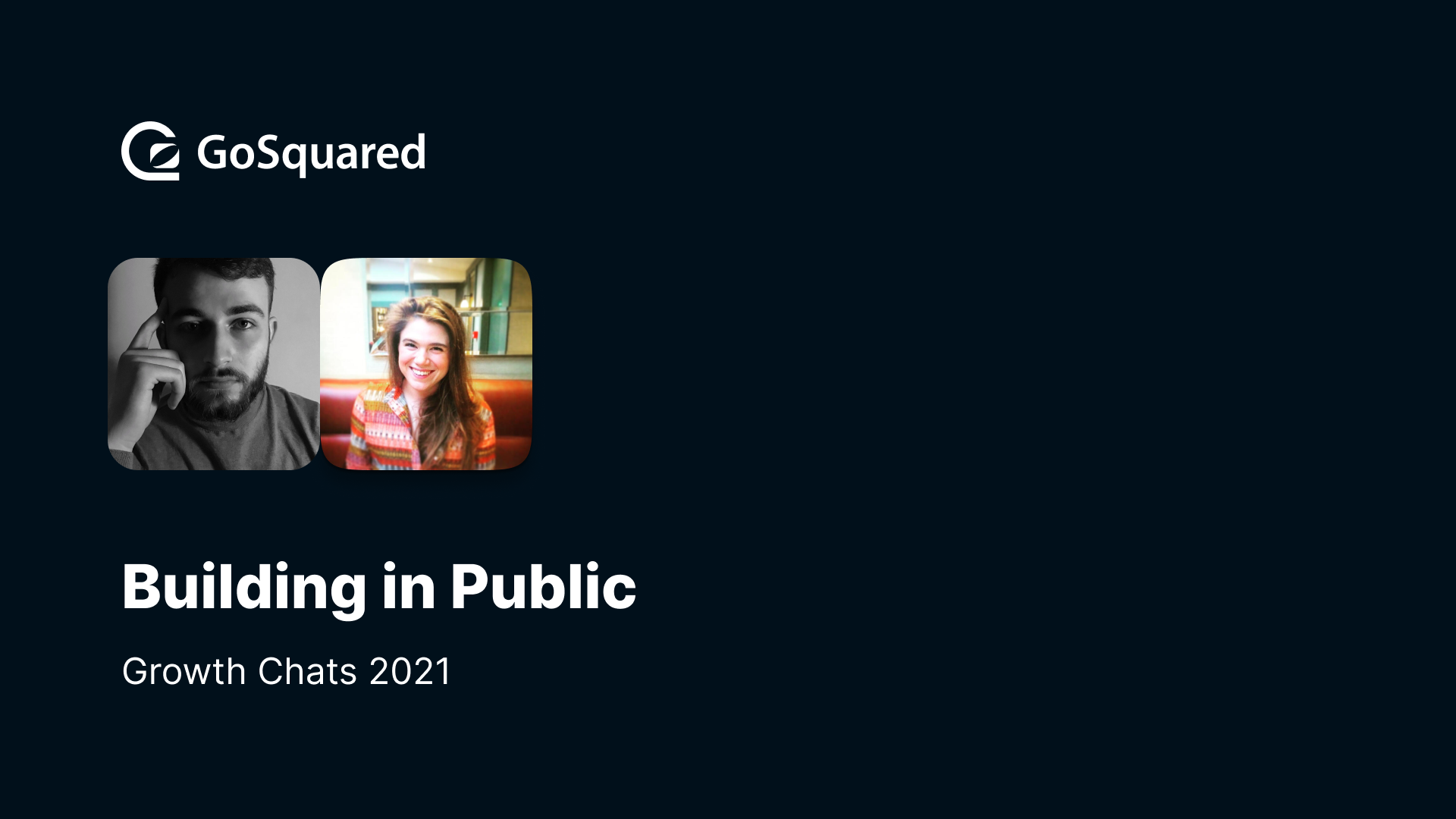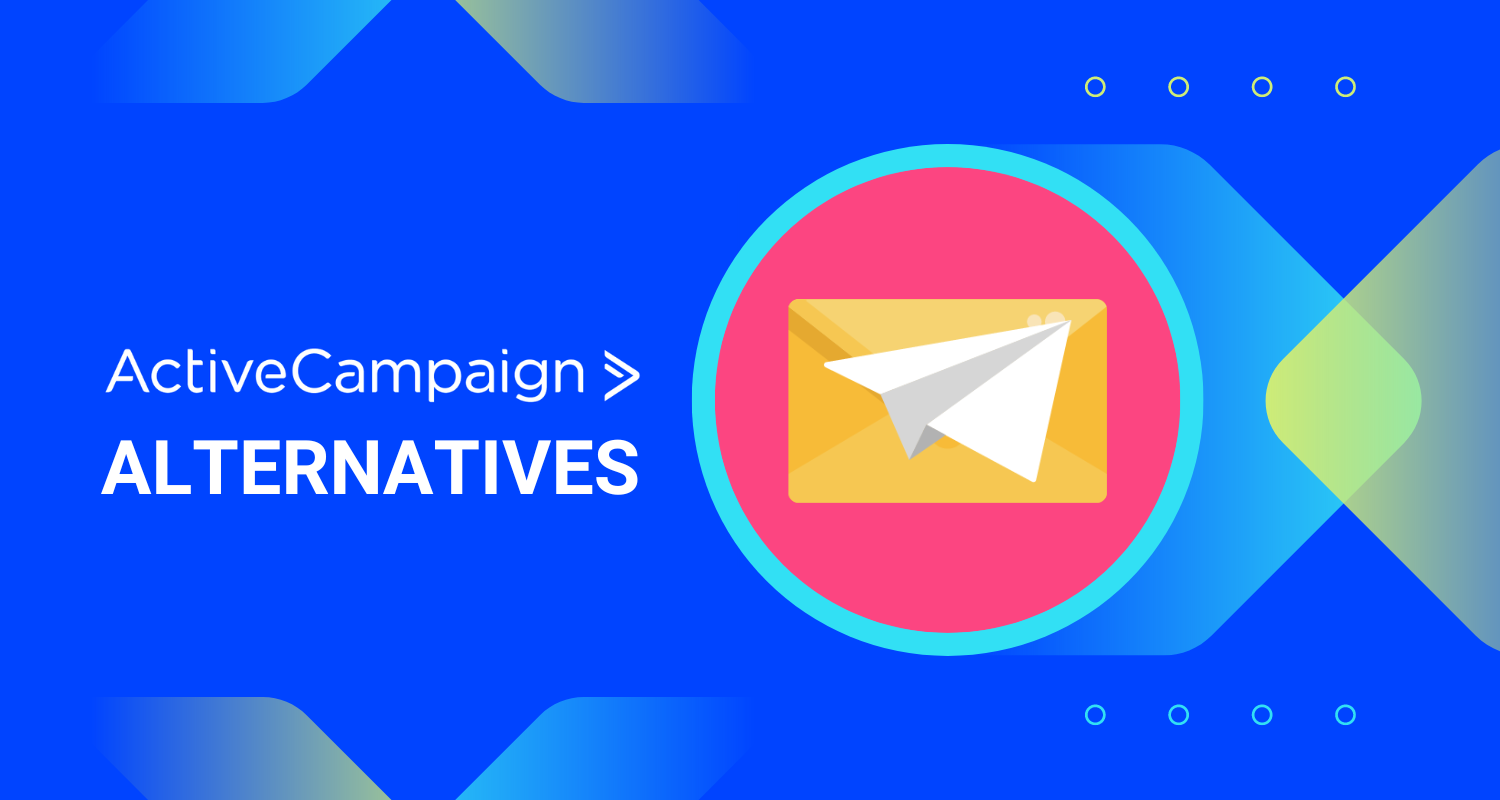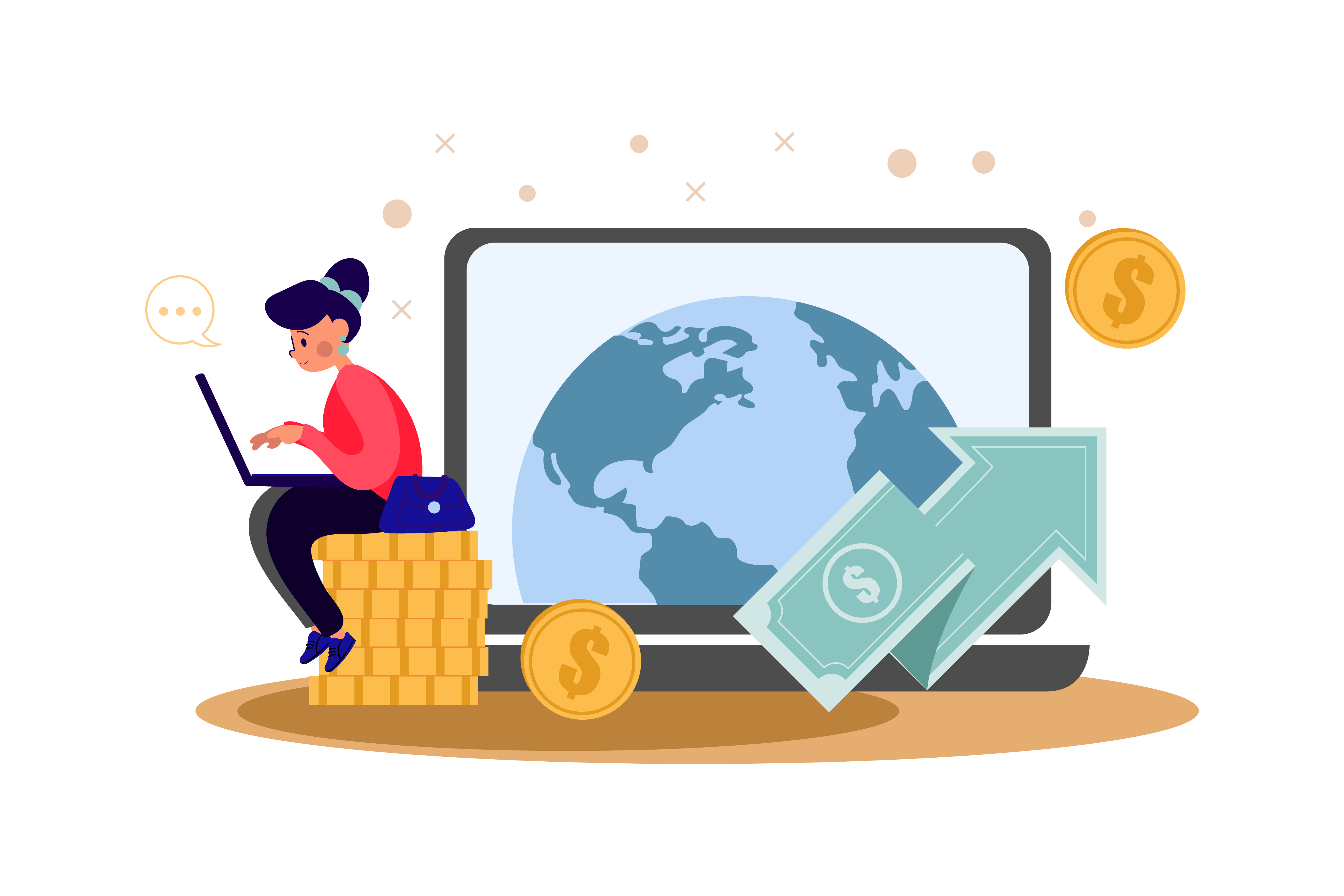
We recently interviewed CH Daniel, founder of Simple.ink and moderator of r/saas. We spoke about marketing, growing SaaS projects, building in public, and defining success for SaaS founders.
You can view the full recording of our conversation or keep reading for the highlights!
On the difference between content made by founders building in public, and corporates:
Daniel:
“Corporate marketing is all PR or at least, you know, it’s had the layer of makeup. Whereas, something I try to do in the AMAs; I try to humanise the person and instead of putting this person on the podium and saying, ‘look at how great they are’, tell us about three things where it was painful, where it really hurt. Then I’ll choose one and go deeper into that.
Because, as you said, there’s an attraction to look at a person just on what they’ve achieved, but they’re also human. They’re closer to me. They experienced the day-to-day.
It’s the Instagram effect. This highlight reel where yes, they’ve done this and this and that. And here’s how they got to a hundred million ARR in 0.2 seconds. And then you’re like, that’s so far away from me. And I think to piggyback on what you were saying; I think that’s what’s attractive to this audience. This idea of I can relate to this person and what they’re doing, and I’ve got more to learn from them than from the PR statement.”
Beth:
“The building and public movement was something I actually really wanted to ask you about because I think that’s a completely different way of approaching work and marketing and the story you tell about your business.
Like you said, companies saying, ‘well, actually this is one of the things that we failed at’, you never get that from a big corporation – at least not at the time that it’s happening. It’s always got that gloss on it.
One of the things that I’ve definitely found the more I’ve got involved in SaaS communities and SaaS forums, is that people are so generous with their time, and their knowledge, and their advice. You post a question, you reach out to someone, and people are more than willing to chat with you.
I’ve found that so engaging. And I wonder if that’s part of why this kind of content is so popular. It’s not just because people are being honest, but also because it really does make you feel part of something.
On whether community building can ever be negative:
Daniel:
“(In some industries) if I share some numbers, somebody comes and says, ‘oh, stop bragging or stop showing off’.
Some other people might come in and say, ‘this guy is building; you’re wasting time’.
You know, it might look like toxic positivity. And there is that risk of toxic positivity as well. It’s not all perfect, but it’s a different place (the SaaS community). It’s a different culture. It’s like you’re going to a different party.
You help each other. And that’s just how it goes. As I said, there are also risks involved with that. Maybe toxic positivity, maybe having an echo chamber. Maybe with all this positivity, you’re going to fall into that trap of thinking you had your product validated. Because everybody’s nice and says, ‘yeah, I’ll definitely use that’.
And when the time comes to take money out of their pocket, they’re not doing it. Maybe that kind of harshness from other industries is useful in these cases.”
On why subscriptions are better for the consumer:
Daniel:
“I spent some time thinking about that. What is it about subscriptions specifically?
SaaS is a subset of this bigger circle of subscriptions. The answer is this: it’s a way fairer system than what we had before.
It might not be the best, but here’s the thing, before with lifetime prices or with one-off purchases, and anybody who’s bought Adobe before they changed to Creative Cloud, can attest to this. And Adobe is a huge company, but let’s, speak about a smaller company too.
You’d buy from them. And then, in two years when they might release new stuff, you have to buy it again. And if you need customer support? Sure. I will help you, but I won’t be jumping with excitement to come and help you.
As opposed to, right now with SaaS subscriptions, we’re in a fair contract because you can vote with your money every month or every year.
You have to keep showing up every month (for your customers). There’s more in it for the consumer, but they’re also more in it for customers because the contract, the unwritten contract of SaaS, is: you pay us this amount, and we promise to take care of the software, make it better. And if we don’t, you are free to go away to our competitors or to build it yourself, or to do whatever.”
On why SaaS founders build multiple projects:
Daniel:
“First of all, it has to do with a low cost. You don’t have to get into a 10-year lease.
Second of all is things like Stripe that make it easy, GoSquared, which makes it easy. It saves you a lot of time.
And all these products eliminate a lot of the fixed costs. Time-wise and maybe price-wise as well.
Also, one of the most important things that SaaS and tech people understand is this idea of training yourself. What I’m trying to say is, obviously, you’re going to have more experience after building 10 products in 10 months than if you built nothing or one thing.
All of them might go to nothing, but at least you’ve trained yourself because when you make that 11 product, which you will do, then the way you move your hand has been conditioned by the 987 times you’ve built something before. You’ve moved your hand in a certain way, and you tried perfecting that.”
On what ‘failure’ means in SaaS:
Beth:
“My experience of the SaaS community is people are so willing to talk about the lows. Maybe it’s because of that low risk?
It’s you and your computer. You’ve not bought $10,000 worth of stock that you’re then sat with in your house. You built something; it didn’t quite work. It’s quite easy to change and iterate on that with SaaS.
And so people don’t view failure in the same way as you might in a corporate world, or you might in and different kind of startup.
And that’s where the whole kind of growth marketing and the growth mindset comes from. Nothing is a failure. It’s always a lesson. And we take that, and we get something from it, and we keep moving. I think for me, that’s something that really underpins this community is that willingness to give something to go. And if it doesn’t work fine, I’ll move in a different direction, and I’ll try something else.”
Daniel:
“The economics are in your favour. In other sectors, a lottery ticket is $10, but in SaaS, a lottery ticket is 10 cents. So when the lottery tickets are cheaper, you are going to play more often.”
On the urge to build multiple projects in SaaS:
Beth:
“The closest I’ve got to figuring out the psychology behind what drives people to build multiple projects is in looking comparatively at how this community of SaaS founders who are building in public think about failure.
They think about failure as an opportunity for learning rather than a failure. So then, I think there’s also a different definition of success.
Success in a traditional corporation is people brag about stuff like, ‘I raised X amount of money’, or ‘I now have a team of 300 people’ — those kinds of traditional corporate marker of success.
Whereas the founders that I speak to, they’re like, ‘how can I do this without hiring anyone? I don’t want to manage someone’.
And when they’re looking at their businesses, they’re going, ‘okay, so what do I actually want out of this?’ I want to be able to work on what I want when I want, I want to be able to make money from this without being told what to do by someone else. Whether that’s creative independence. Or financial independence, where you live, remote work independence… and they want to feel creatively challenged.
And that that’s something I see a lot. Maybe it isn’t about being able to show off the big numbers, and maybe that’s what makes people more confident about going, ‘this is where I am on my journey, and this is where I’m trying to get to’. And they’re going to show you the ups and downs on the way, because that’s all part of it.
The whole journey is enjoyable, not just this kind of mythical end goal, which we all know that overnight success is nonsense anyway, right? There are seven years of work behind that date in the calendar.”
Daniel:
“Yeah what’s the metric of success? Is it headcount? Is it how much money I raised?
And then the SaaS founders said, ‘hold on a second. I don’t want any of that.’
We’ll hire some people, maybe. So I can have not only financial and creative freedom, but have the holy trifecta, which is time freedom as well. So I can get the customer support team. And maybe a product may be a product person, or I can go hiking or do whatever I want. That’s success on your terms.”
Remember you can watch the full recording of our conversation if you’ve enjoyed these highlights!

